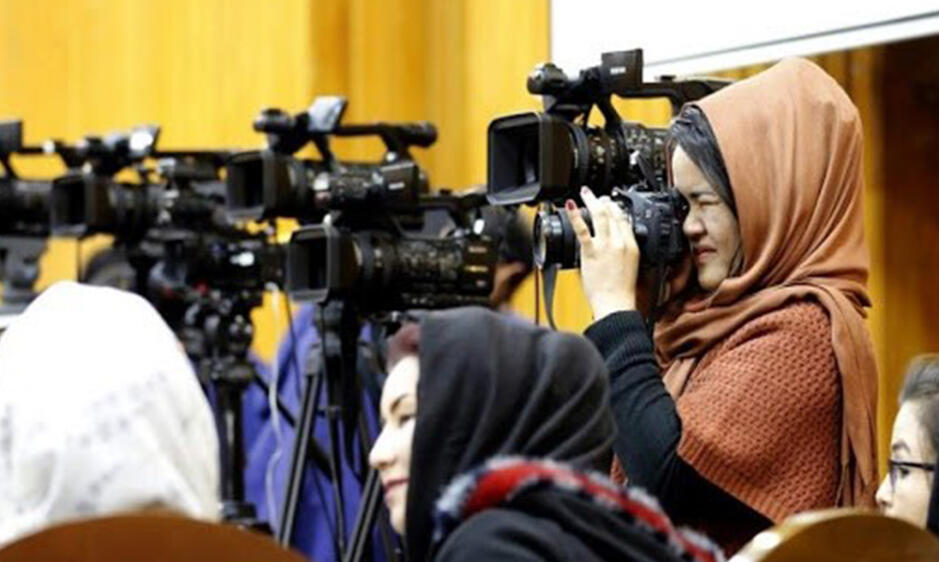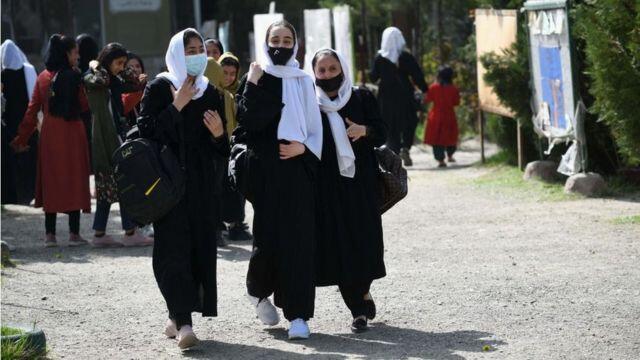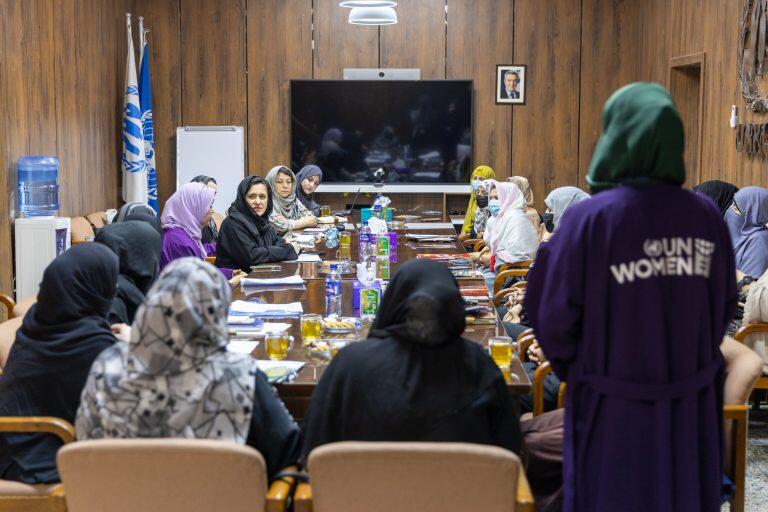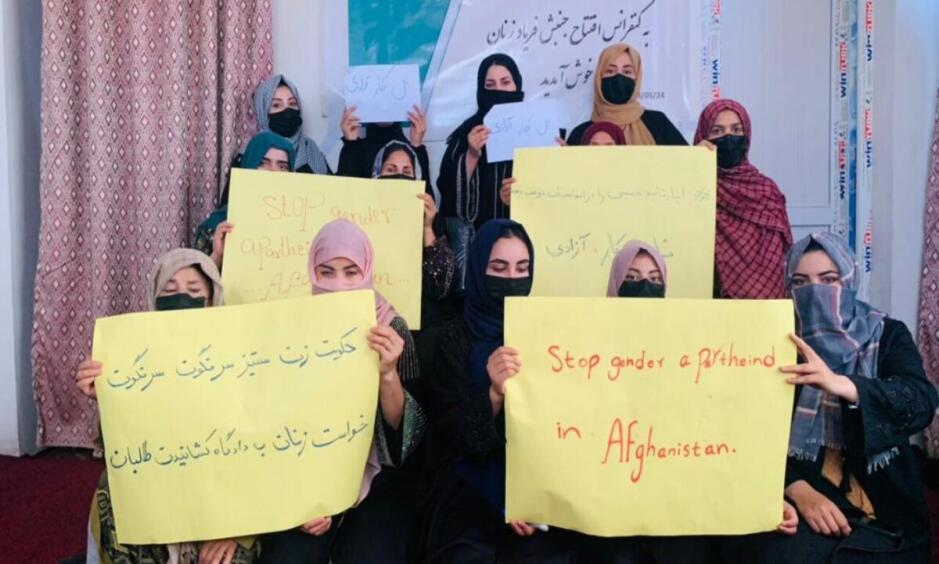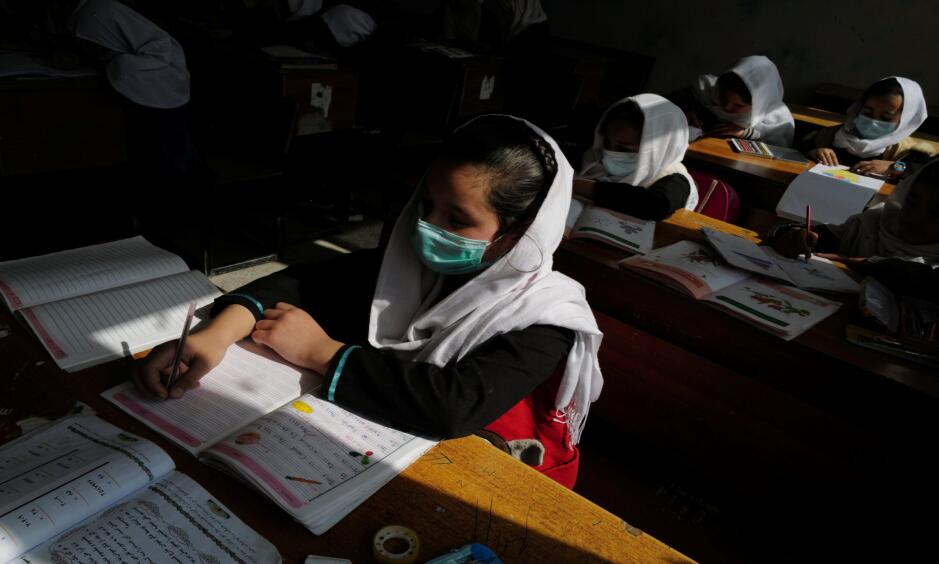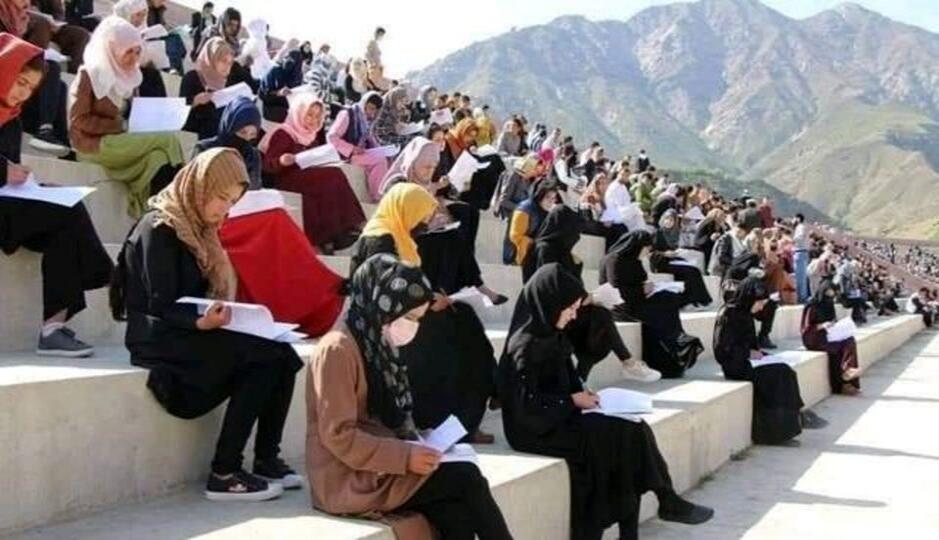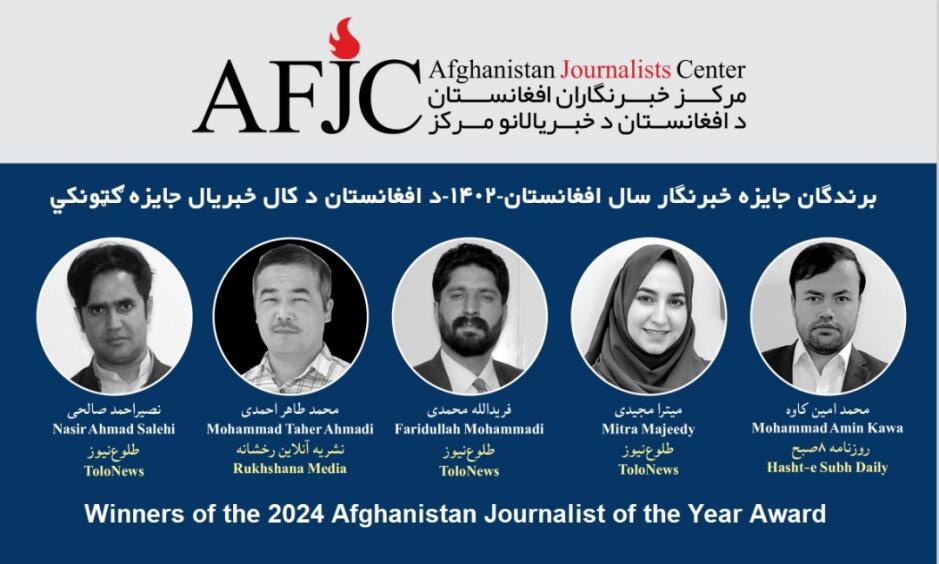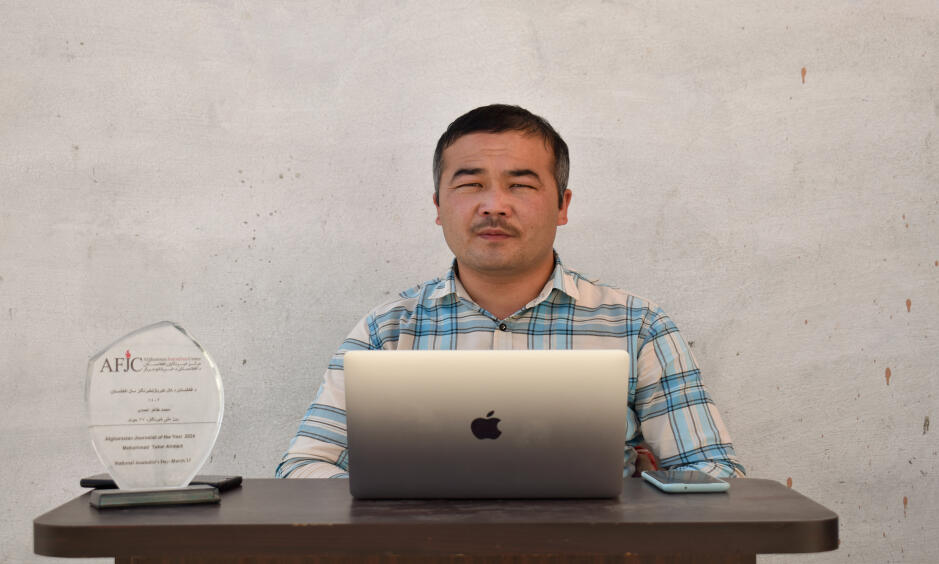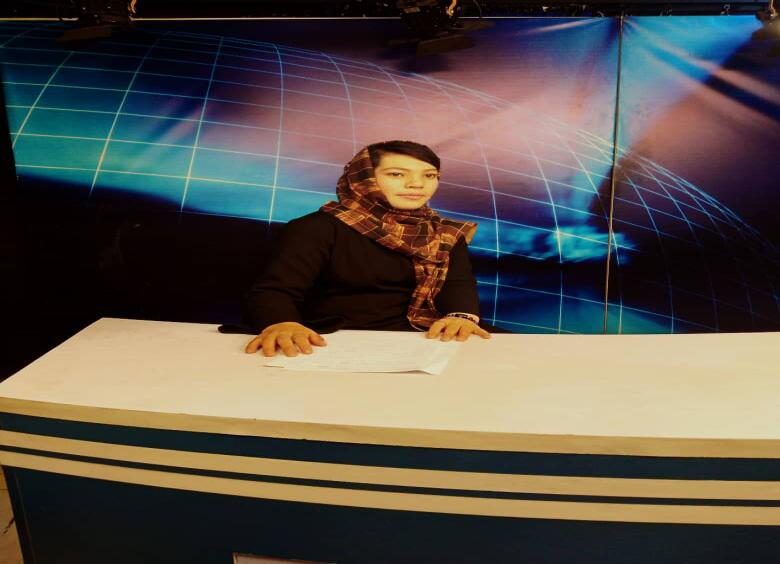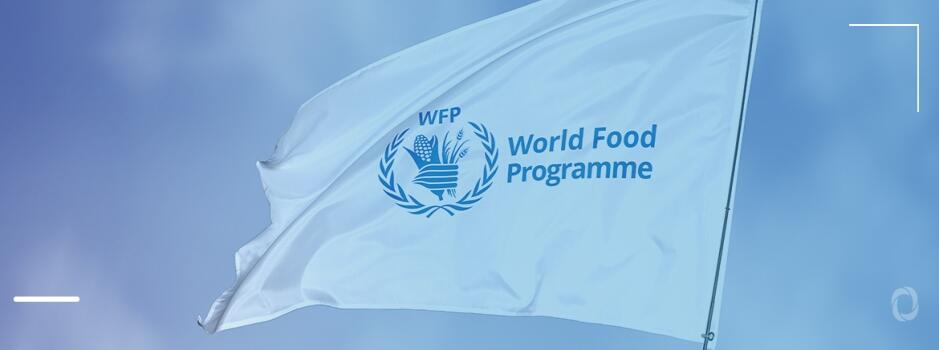- Kabul
- June 15, 2024
- Last Update December 22, 2024
Translator: Nilam Noorzad
AVA Media: Leila*, in early 2019, while still a journalism student at Kabul University, began her work in the media. With nearly six years of experience working with various print, visual, and auditory media, she has witnessed many challenges faced by journalists, especially women journalists, during her career. Now, due to security threats, she wishes to be mentioned under a pseudonym in reports.
Leila says, "I witnessed firsthand my colleagues being taken by the Taliban and subjected to interrogation and torture, and I myself have been threatened several times while preparing reports by the Taliban." She still recalls her bitter experience covering the attack at the Kaj Educational Center, saying, "I went to cover the report from the Kaj Educational Center, where a mother had lost her child and wanted to interview us; the Taliban insisted that she cannot appear in the picture without a burqa, while I, as a journalist, had my own professional standards."
After regaining control in Afghanistan, the Taliban imposed various restrictions on women and their work in the media. At least seventeen statements have been issued by this group regarding the media, including banning female journalists from working in national radio and television, requiring the wearing of burqas, and prohibiting interviews between women and men, among others, which are among the most blatant restrictions imposed by this group on the media.
Despite all the information dissemination challenges in the country, until a few months ago, Leila officially worked in the media. But now, for the sake of preserving her life and mental well-being, she is in exile abroad. She reluctantly describes life in exile, saying, "I have seen countless incidents of journalist arrests, such as when Taliban arrested a journalist while reporting on child labor, forced my colleagues to confess and sign documents without any evidence of wrongdoing, and there was no doubt that the same fate would befall me."
The Federation of Afghan Journalists, on the occasion of World Press Freedom Day, stated in a press release that the restrictions imposed by the Taliban regime on media activities, stifling freedom of expression, limiting the work of female journalists, pre-publication censorship, and the detention and torture of journalists have become commonplace. Hundreds of journalists and media personnel have been forced to leave the country and spend bitter days in a third country.
Malika*, another female journalist, has been working with various media outlets for three years since graduating from the School of Communication and Journalism at Kabul University in 2022. She now works as a journalist for a private media outlet. She says, "Women's work in the media under current circumstances is very challenging and suffocating. I have personally witnessed threats, insults, and humiliation. Freedom of expression is nonexistent, and the pressures and restrictions, especially for me as a woman, have had a negative impact because I am always fearful that the Taliban will become aware of my current activities and all the efforts of several years will be in vain. In Afghanistan, the path from education to work in the media for women has always been filled with challenges and concerns, and the fear of losing my job and not having mental security overshadows my life every day."
Meanwhile, Leila acknowledges that although women still work in the media, they are more abhorred by the Taliban, who see them as spies. She still hopes that Afghanistan will once again witness freedom of expression and preserve the freedom of expression that was achieved over the past twenty years.
While Afghanistan was already one of the most dangerous countries for journalists even before the Taliban's rule, significant progress in freedom of expression, women's involvement in the media, the establishment of numerous media outlets, the Universal Media Law, and the Access to Information Law were considered important achievements for the country, which are now at serious risk of destruction.
Note: Due to security reasons, the interviewers are mentioned under pseudonyms in the report.

